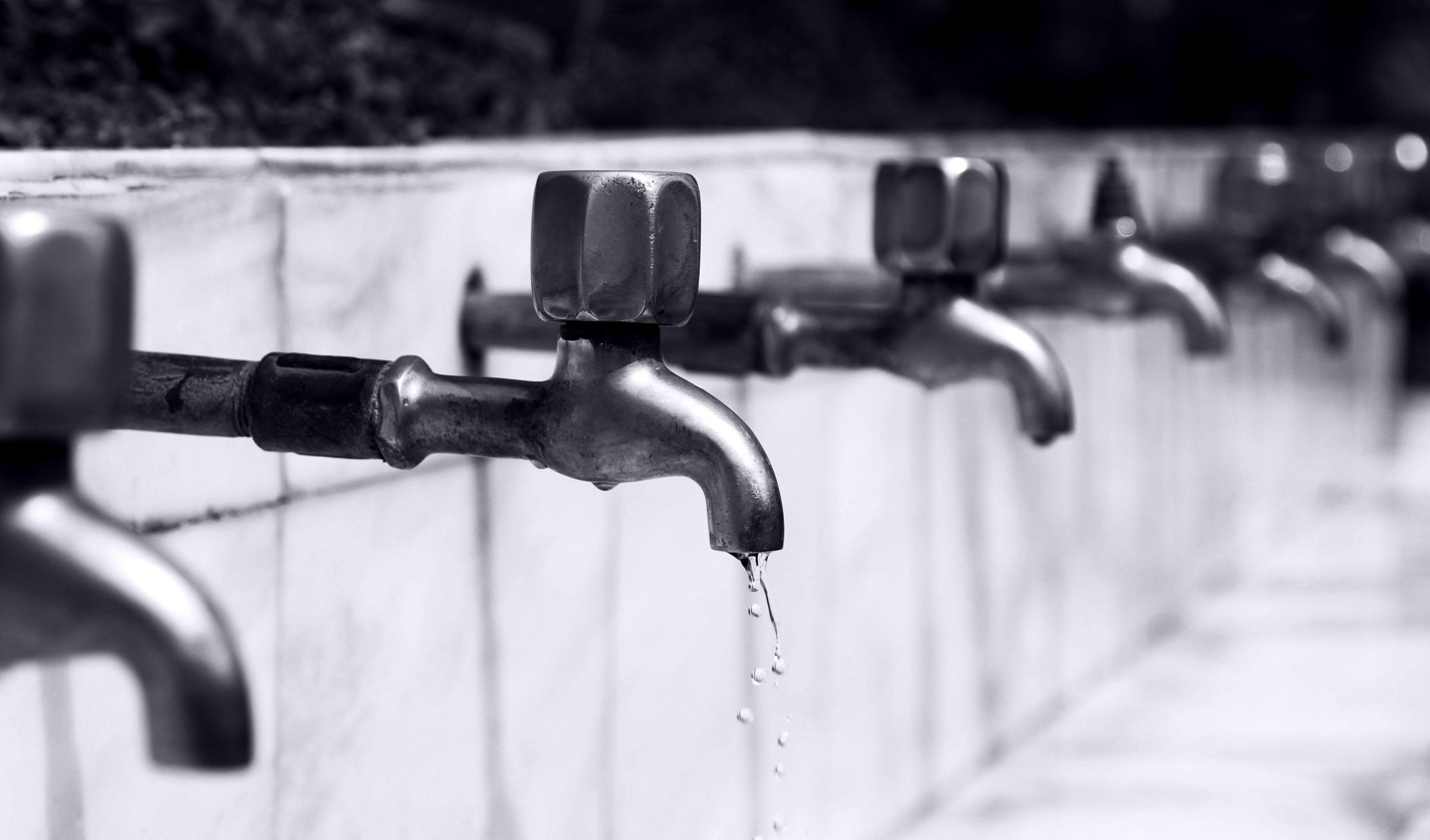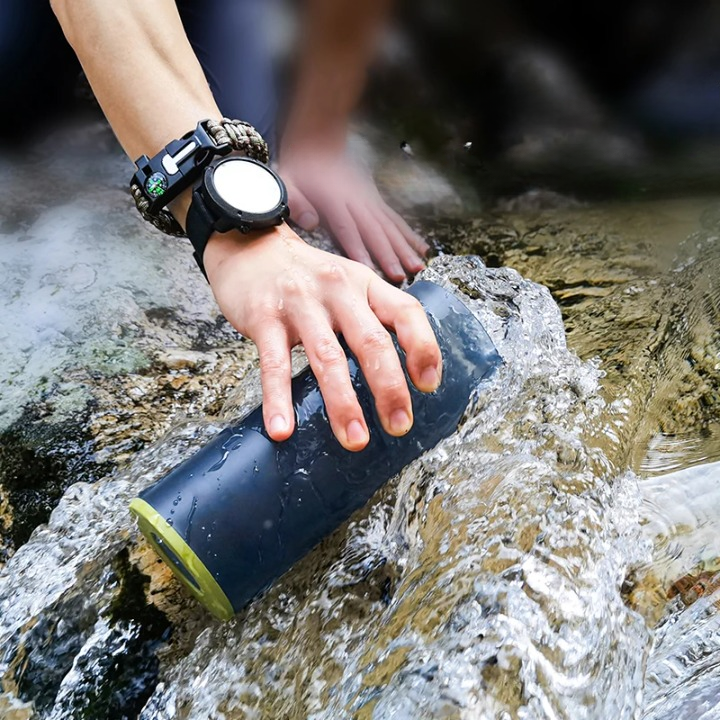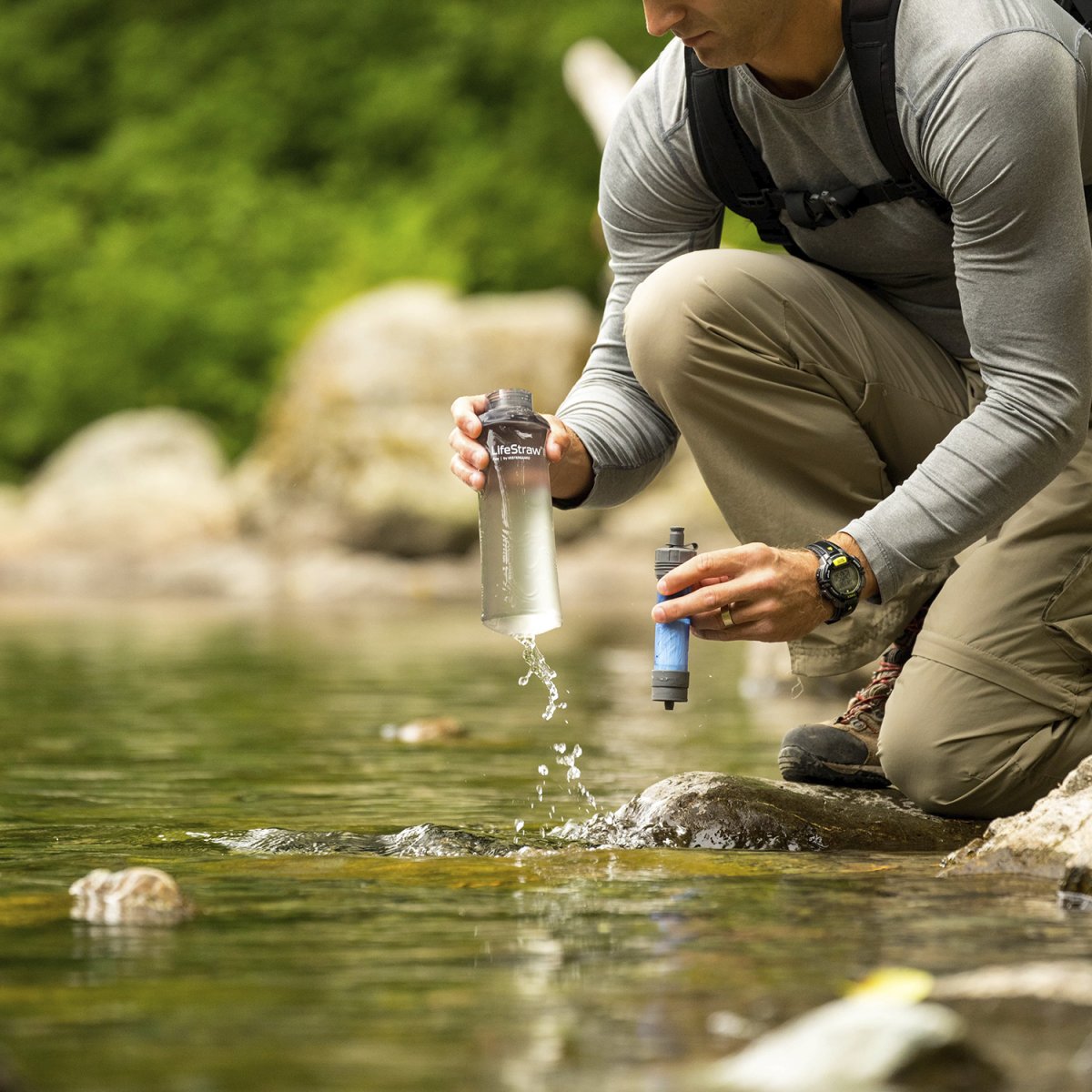When faced with an emergency, many people think of food, warmth, and safety. But one thing is often more important than anything else: water . Without water, you can be in serious trouble after just 72 hours. But what if you have no access to clean water at all? This article offers practical tips, explanations, and inspiration for everyone from beginners to seasoned survivalists.
Why is water so crucial?
Your body is made up of about 60% water. It plays a role in almost every bodily function:
- It regulates your body temperature.
- It transports nutrients and oxygen to your cells.
- It removes waste products through sweat, urine and respiration.
When you become dehydrated, your brain, muscles, and organs begin to function less well. The first signs of dehydration are thirst, fatigue, and dry mouth. Severe dehydration can lead to dizziness, confusion, and even life-threatening complications.
That is why access to water is always the number one priority in an emergency.
How much water do you need to survive?
The minimum amount of water you need is about 3 liters per person per day :
- 1 liter for drinking to stay hydrated.
- 2 litres for cooking, basic cleaning and hygiene.
For a family of four, this means you should have at least 36 liters of water for 72 hours in an emergency.
No water? What now?
If you don’t have clean water stored, you’ll need to get creative and act quickly. Here are steps you can take:
- Find alternative water sources
- In the house: Check your water heater, your toilet water tank (only the clean part!), and melt ice from your freezer.
- In nature: Look for rivers, streams, rainwater or even dew on plants. Use a cloth to collect dew and wring it out into a container.
-
Water purification is essential
Water from natural or unknown sources should always be purified. Even clear water can contain dangerous bacteria, viruses or chemicals. Use one of the following methods: - Boiling: Bring the water to a boil for 1-3 minutes to kill bacteria and viruses.
- Water Filters: Use portable filters such as a LifeStraw or Sawyer Mini. These remove bacteria and parasites, but may not remove chemicals.
- Purification tablets: Add tablets to kill harmful organisms.
- UV purification: A UV device such as a SteriPen kills bacteria and viruses with ultraviolet light.
-
Create an emergency supply of rainwater
If you can catch rain, provide a clean catchment system (such as a tarp or a gutter). Filter and purify the water before drinking.
Smart use of water
When your access to water is limited, you need to be smart about what you have. Here are some tips:
- Use water only for essential tasks, such as drinking and cooking.
- Reuse water whenever possible. For example, water that you used to rinse vegetables can be used to wash your hands.
- Avoid salty foods and activities that make you sweat to minimize dehydration.
Handy equipment for emergencies without water
With the right survival gear, you can be prepared even without direct access to water. Some products we recommend:
- Portable water filters: Like the LifeStraw, small and lightweight.
- Collapsible water containers: For transporting and storing water.
- Purification Tablets: Light and compact, perfect for emergency kits.
- Rain Harvesting Kits: To collect and store rainwater.
- Multifunctional Survival Gear: Many tools, such as our multifunctional shovels, include built-in features to filter or collect water.
Learning from experienced survivalists
Experienced survivalists have developed valuable techniques for surviving without water:
- Building Solar Stills: Dig a hole, place a container in the center, cover the hole with plastic, and place a rock in the center of the plastic. Condensation will form and drip into the container.
- Collecting Dew: Stretch a cloth or t-shirt over grass in the morning and wring it out to collect water.
- Using plants: Some plants, such as cacti, contain drinkable liquid. However, be careful with unfamiliar plants.
Preparation is everything
In an emergency, water is literally life. Being prepared with an emergency supply and the right gear can protect you and your family from dehydration and the stress that comes with a lack of water.







Share:
The First 72 Hours in an Emergency: Without Power
Why a water filter bottle is indispensable in every kit